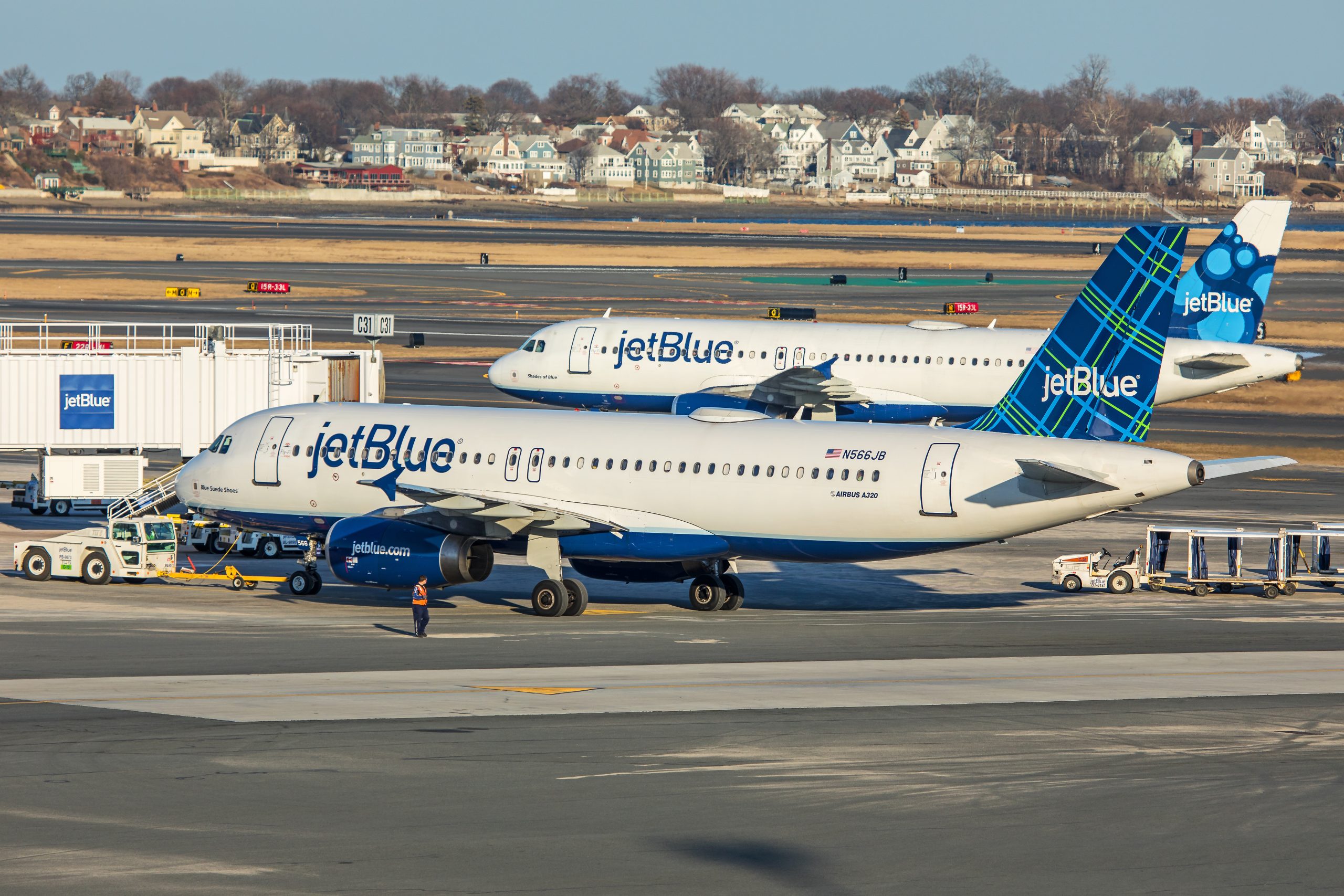
JetBlue Reveals Diminished First Quarter Earnings
On Tuesday, JetBlue announced that it has adjusted its annual revenue forecast. The carrier announced that its revenue will be…

An Atlas Air 747 being loaded with cargo. (Photo: Atlas Air Worldwide, Inc.)
The International Air Transport Association (IATA) has made a statement urging governments to plan ahead and work along with key industry stakeholders to prepare for COVID-19 vaccine distribution for once a suitable immunization is ready and internationally available.
The group’s statement comes as vaccine transportation is at the forefront of many officials’ minds. The logistical challenge is comprised of a complex set of processes that involves careful timing and the use of temperature-sensitive distribution systems to be effectively delivered across the world.
As the COVID-19 vaccine is being developed in record time and most of the world is eagerly awaiting its approval in order to return to normality, IATA believes that coordination between governments, manufacturers, transport agents and other industry players will prove critical to make sure it is distributed effectively and on time.
Vaccines need to be transported at a controlled temperature, require robust tracking and monitoring throughout their journeys and have to be handled with little to no room for error. As stakeholders expect an unprecedented number of doses available in a short amount of time, IATA believes that the industry needs to ensure the availability of temperature-controlled facilities, trained staff and monitoring capabilities for when the vaccine is ready.
To do so, it believes that governments should take the lead in enabling effective dialogue, coordination and cooperation throughout the global chain of logistics.
In a statement, IATA Director General and CEO Alexandre de Juniac said, “We urge governments to take the lead in facilitating cooperation across the logistics chain so that the facilities, security arrangements and border processes are ready for the mammoth and complex task ahead.”
Additionally, Seth Berkley, CEO of Vacci, the Vaccine Alliance — an organization that helps improve equal access to vaccinations across the world — said: “Delivering billions of doses of vaccine to the entire world efficiently will involve hugely complex logistical and programmatic obstacles all the way along the supply chain. We look forward to working together with government, vaccine manufacturers and logistical partners to ensure an efficient global roll-out of a safe and affordable COVID-19 vaccine”.
Logistics throughout the journey will not be the only challenge that lies ahead for governments and other key stakeholders in the distribution of the COVID-19 vaccine. So too will be belly capacity. In that vein, IATA has pointed to the issue that the substantial reduction in commercial passenger operations has also pushed down the availability of cargo capacity in many routes around the world.
The organization said that providing a single dose to the world’s population would require 8,000 Boeing 747 aircraft filled with cargo, meaning it could take much longer than ideal to ship doses around the world in their appropriate amounts.
As a geography nerd, Jose has always been fascinated by the complexities of the airline industry and its ability to bring the world closer together. Born and raised in Peru, now studying in the UK. he has travelled around America, Europe and South East Asia. His favorite aircraft is the Boeing 767-300, which he has flown many times during his childhood; although now the A350 is slowly growing up on him.
Receive a daily dose of the airline industry's top stories along with market insights right in your inbox.

On Tuesday, JetBlue announced that it has adjusted its annual revenue forecast. The carrier announced that its revenue will be…

Royal Air Maroc and Safran have deepened their collaboration in aircraft engine maintenance. In celebration of its 25th anniversary, Safran…

The importance of the North American market to Fiji Airways has been further highlighted with the announcement of an interline…



